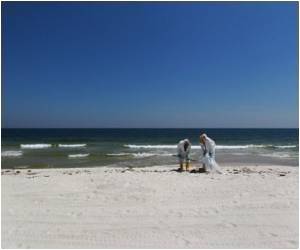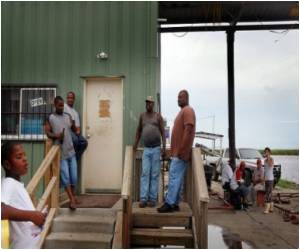The testimony of an electronics technician Michael Williams who worked for Transocean, the Geneva-based company that owned the rig, that emergency alarms on board the

"The general alarm was inhibited, the system had been disabled because rig managers did not want people woken up at 3am with false alarms," Williams said.
The alarm was designed to automatically shut air vents into engine rooms. During the accident, natural gas is believed to have been sucked into the engines, causing them to speed up and explode, the paper said.
He also alleged that in 2009, the system was a "wreck" when he started working on the rig with many faulty detectors, which he tried to repair, but faced problems with malfunctioning equipment.
However, Transocean has issued a statement saying that switching off the main alarm had not jeopardised safety on the rig as there were "hundreds" of other alarms in operation.
"The general alarm configuration on the Deepwater Horizon was intentional and conforms to accepted maritime practices, including those on some Navy and Coast Guard vessels. It was not a safety oversight or done as a matter of convenience," the company said.
Advertisement
Meanwhile, the British oil giant is expected to announce its chief executive Tony Hayward's exit by July 27, 2010, when the company is due to publish its interim results.
Advertisement











